
I’ll admit that over the last decade there have not been too many haiku collections by individuals that have really excited me. A few now and then (Fay Aoyagi’s Chrysanthemum Love [Blue Willow Press, 2003], john martone’s dogwood & honeysuckle [Red Moon Press, 2004], and Philip Rowland’s together still [Hub Editions, 2004] come to mind) but not many, and not many, i mean, that have had a strong impact on me, or have sustained my interest.
Over the last couple years or so, however, there has been a nice cluster of haiku collections by individual poets that i think are outstanding (mostly at the hands of Jim Kacian’s Red Moon Press), collections i really enjoy returning to, find inspiration in, and seek out pretty regularly: Jim Kacian’s long after (Albalibri Editore, 2008), john martone’s ksana (Red Moon Press, 2009; out of print; but here’s a review), William M. Ramsey’s more wine (Red Moon Press, 2010), Fay Aoyagi’s Beyond the Reach of My Chopsticks (Blue Willow Press, 2011), and also her In Borrowed Shoes (Blue Willow Press, 2006), paul m.’s few days north days few (Red Moon Press, 2011) as well as his called home from 2006, and Peter Yovu’s Sunrise (Red Moon Press, 2010; out of print)—pretty much my favorite of these for its range of content, form, and techniques, and sucessful experimentalism (its melding of “tradition” with the “avant-garde”). The latest issues of Chris Gordon’s journal ant ant ant ant ant have been chapbooks of an individual’s work (Chris Gordon, Jack Galmitz, and Jim Westenhaver, respectively), and each has been well worth the waiting time between issues, and are nice to have close by. Two excellent, and important, retrospectives have also been published, Martin Shea’s waking on the bridge (Red Moon Press, 2008) and Robert Boldman’s everything i touch (Red Moon Press, 2011).
Mark Harris’s new collection, burl (Red Moon Press, 2012) is now among that group for me. It is outstanding in pretty much every way: the personal, oftentimes deeply intimate, emotive, and sometimes imaginative, poems; the range of poetic techniques and forms employed (the poems’ “internal energies”); the sequencing; and the excellent cover (utilizing Mark’s own artwork) which employs some of the “simplicity” haiku is supposed to be known for with a strong touch of modern complexity in execution (mirroring, in many ways, the poems within, and, i think, especially some of the content matter). Out of all the collections mentioned above, i think Mark’s work perhaps best displays the range of what is being done in English-language haiku today.
It all comes together amazingly. It’s a collection i’ve found myself going back to again over the last many months since it arrived, the poems offering new readings and new insights (and new inspiration) each time, always with something new to pick up on.
A powerful collection, and highly recommended.
8 poems from the collection:








—
Issue 12.3 of R’r will contain a substantial essay on Mark Harris’s burl by Jack Galmitz
—


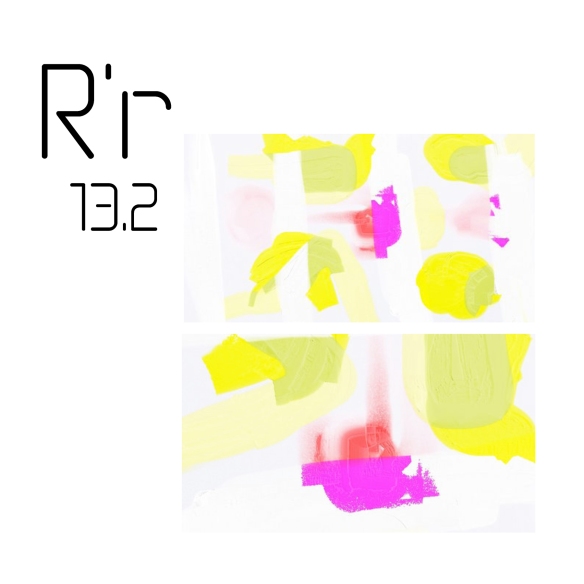



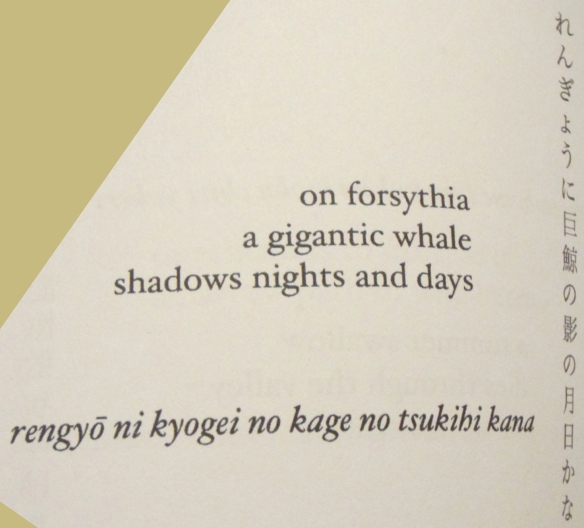




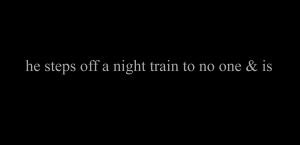


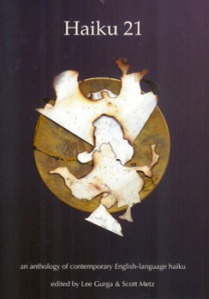
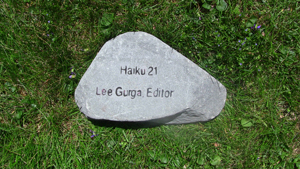
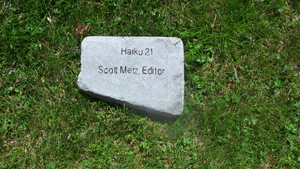



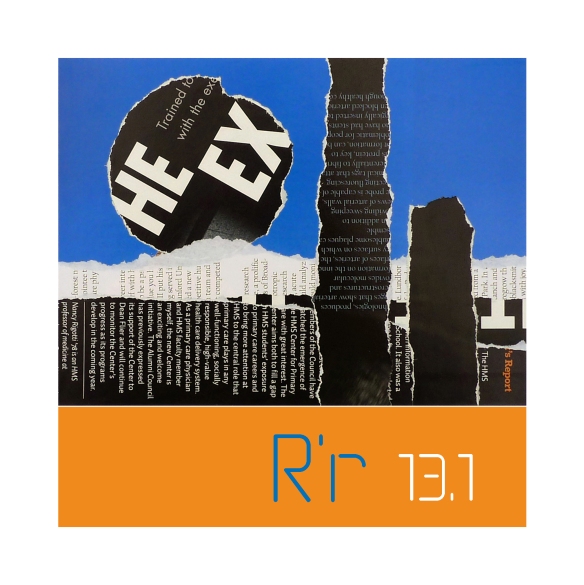


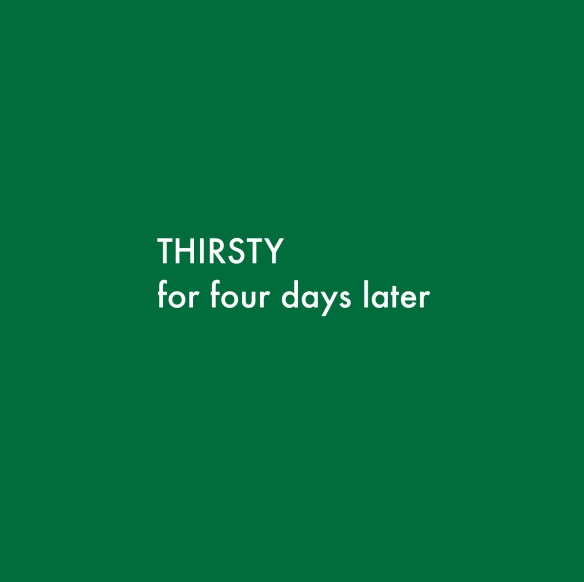
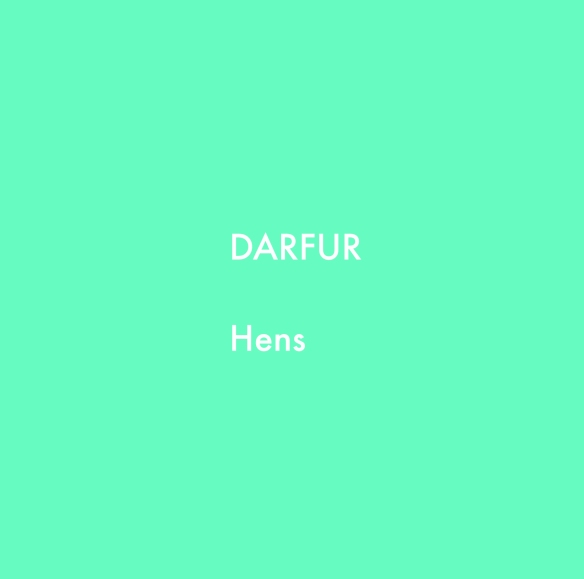








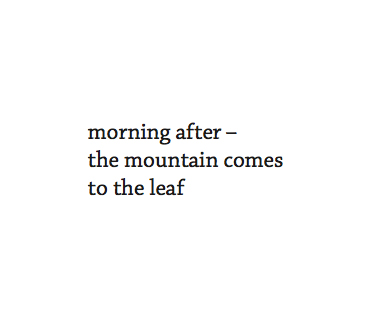






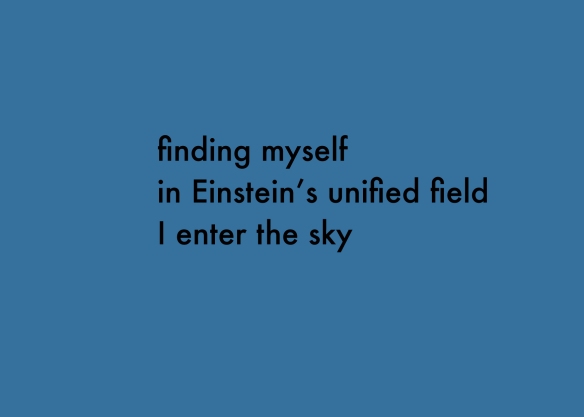































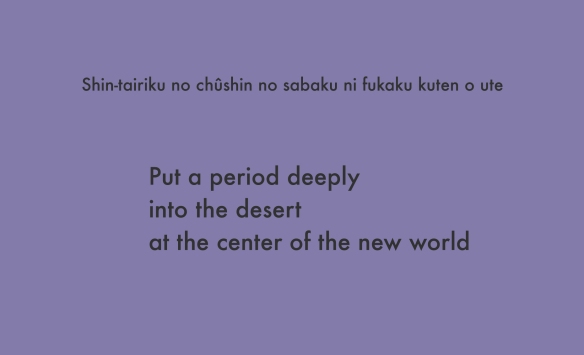
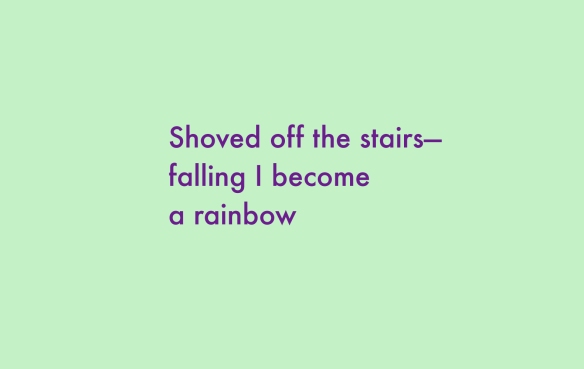
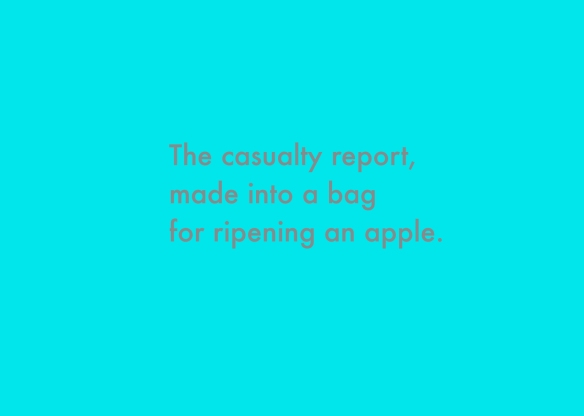
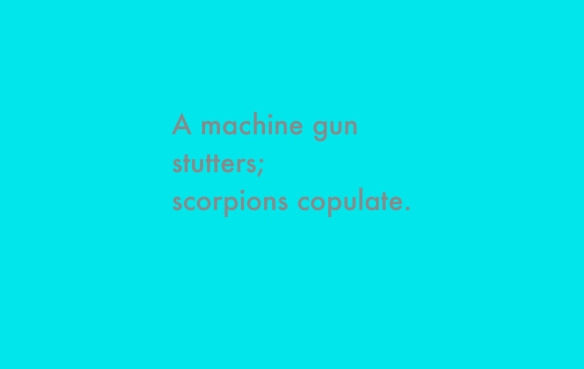











 Ron Silliman / Crow (Ithaca House, 1971)
Ron Silliman / Crow (Ithaca House, 1971)




 —1976—
—1976—






















































